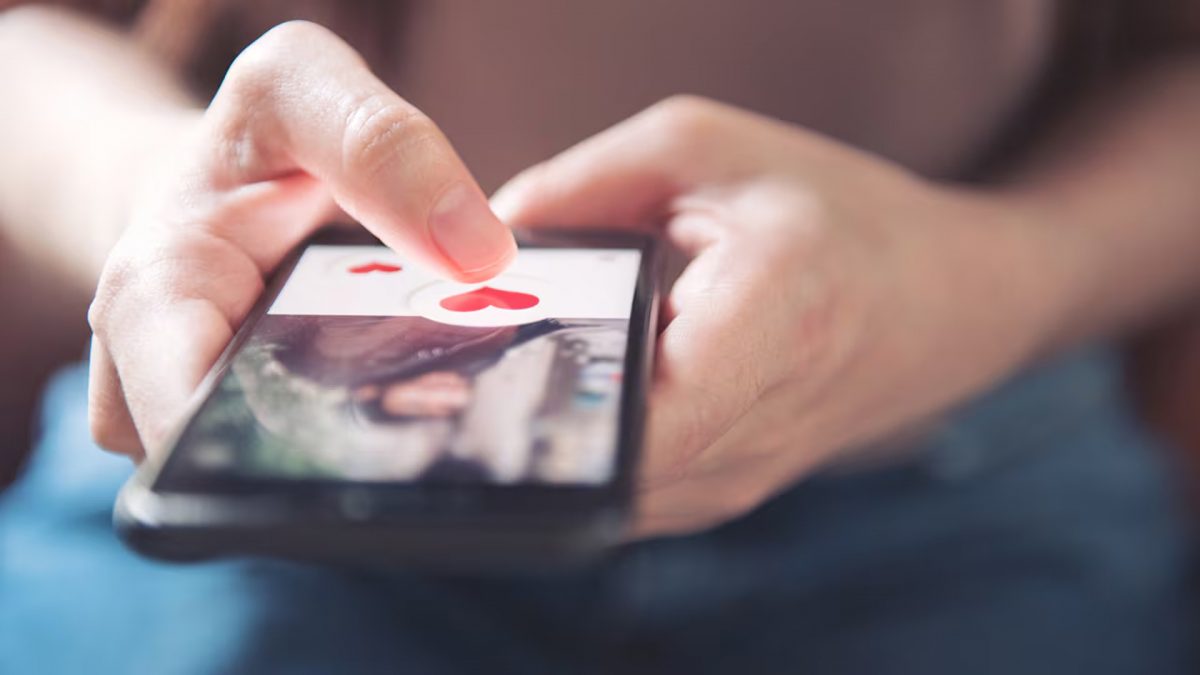As Valentine’s Day approaches, love is in the air—but so are scams. Online dating has long been a way for people to find romance, but with artificial intelligence (AI) now in the mix, things are getting trickier. A new study has found that a staggering 61 per cent of people believe they could actually develop romantic feelings for an AI chatbot.
The latest research from McAfee India reveals a concerning rise in AI-powered romance scams, fake dating profiles, and deepfake trickery. With fraudsters becoming more sophisticated, spotting a scam is getting harder for those searching for love online.
AI chatbots playing the game of love
It turns out that many Indians have already come across AI-driven scams without even realising it. About 51 per cent of people surveyed admitted that either they or someone they know had been approached by a chatbot pretending to be a real person on dating platforms or social media. This raises big concerns, as nearly 38 per cent believe that forming an emotional connection with AI bots makes people more vulnerable to scams.
Scammers are not just playing with emotions—they’re after money, too. A whopping 70 per cent of people reported being pressured into sending gifts or money to someone they met online, or even getting tricked into financial fraud. The scams aren’t limited to one platform either. Social media (42 per cent) is the most common hunting ground for fraudsters, followed by dating apps (19 per cent) and even emails and texts (19 per cent).
The cost of falling for fake love
Losing money to online romance scams isn’t rare, and the numbers show just how damaging these deceptions can be. On average, victims were asked to hand over Rs 364,939—and once the money was gone, 32 per cent couldn’t recover their losses.
McAfee’s research also highlights that online dating is becoming more complicated. Around 84 per cent of Indians said their trust in potential matches has been shaken due to the rise of deepfake videos, AI-generated voices, and scam messages. With online romance evolving into a digital minefield, staying alert has never been more important.
Social media over dating apps, but is it safer?
While dating apps are popular, most Indians seem to prefer looking for love on social media. Instagram tops the list, with 85 per cent of people using it to connect with potential partners. WhatsApp (55 per cent), Telegram (50 per cent), and Snapchat (46 per cent) are also popular choices. Among dating apps, Tinder leads the pack with 61 per cent of users, followed by Facebook Dating (36 per cent), Bumble (33 per cent), and Match (23 per cent).
But no platform is completely safe. Scammers are using AI-generated profiles and impersonations to deceive unsuspecting users, making even casual online interactions a potential risk.
Celebrity scams add to the trouble
Romance scams aren’t the only problem—fraudsters are also impersonating celebrities to lure people in. About 42 per cent of respondents reported that they or someone they know had been contacted by a scammer pretending to be a famous person. These imposters build trust through fake fan interactions before making their move.
The consequences of falling for such scams can be serious. Nearly 47 per cent of victims lost money, while 48 per cent had their personal information stolen, putting them at risk of identity theft. Emotional distress was also common, with 56 per cent reporting psychological impact after realising they had been scammed.
Scammers have used fake celebrity accounts to offer romantic connections, exclusive giveaways, VIP event passes, and even bogus collaborations. With AI making these impersonations more convincing, staying cautious while interacting online has never been more essential.
As the digital dating scene gets more complicated, experts are urging people to stay informed and cautious. Whether it’s an AI chatbot pretending to be a lover or a scammer posing as a celebrity, it’s clear that not everything—or everyone—online is what they seem.


)

)
)
)
)
)
)
)
)



